
views
Noticing Signs That You're Being Cheap

Catch yourself thinking about cost instead of quality. The most telling sign that you may be being cheap instead of frugal is the willingness to sacrifice quality for the sake of a cheaper price. Pure and simple: simply buying the cheapest option available without regard for quality is cheap. Meanwhile, identifying the best item that will meet your needs and getting the best deal possible is frugal.

Monitor your own comments about cost. Verbal statements are especially easy to catch, and can be a pretty good indication that you’re focusing on the wrong aspects of a purchase. For instance, watch out for flabbergasted comments such as, “I can’t believe they’re charging $9 dollars for a burrito!” and “I won’t pay more than $5 for a beer.” Keep in mind that it’s perfectly fine to have these thoughts and to make your personal spending decisions accordingly. That said, if you’re the one that's always exasperatedly decrying the cost of items your peers happily pay for, you probably sound cheap.
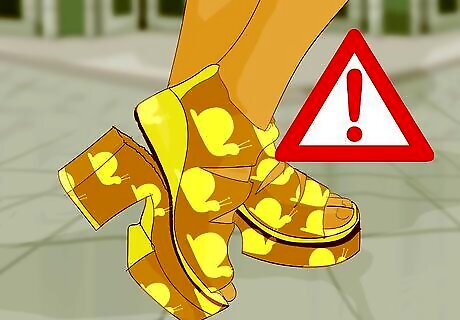
Take note when your stuff keeps breaking. Another sign that you may be making cheap purchases is when your possessions commonly break. This is a symptom of always buying the cheapest option. Furthermore, it’s important to realize that a better option will usually last longer than a cheaper option, and you may wind up spending less overall by avoiding repairs and other costs. For instance, those dollar store flashlights you keep needing to replace are adding up. You could have simply bought a higher quality flashlight years ago and still be using it today.
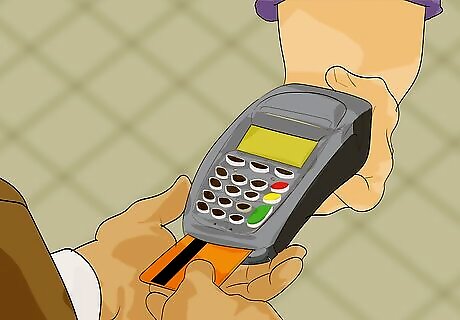
Notice yourself making excuses to avoid sharing costs. While there’s usually not an obligation to pay for something you aren’t directly responsible for, you should never take advantage of others either. This can be tricky in some social situations, but communicate clearly in early discussions about cost. This will help you avoid scenarios where you wind up trying to talk your way out of paying your share later on. For instance, maybe you plan to attend a bachelor party and a couple of the other attendees wanted to rent a limo. Weigh in on the conversation and offer a more frugal option before the decision is made if you want, but don’t say something like “I didn’t agree to that!” when the time comes to split the bill. Another classic example that isn’t fooling anyone: “I forgot my wallet.” Instead of saying something like this, ask if you can pay them electronically, or pay them when you get home.
Overcoming Cheap Habits with Frugal Habits
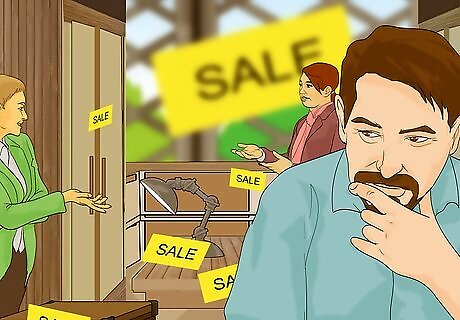
Take advantage of sales, but don't forego purchases. If you plan on purchasing something, the frugal approach involves doing a bit of research to look for sales or promotions. For instance, finding the best price possible for the item you want by comparing prices from several retailers, or asking about any upcoming sales, is frugal. That said, avoiding a purchase that you know you need to make is cheap. Keep in mind, there is an important caveat in regards to waiting. If you're considering splurging on an unnecessary expense, it can be frugal decision to delay gratification and wait until you can make the purchase with more financial comfort.
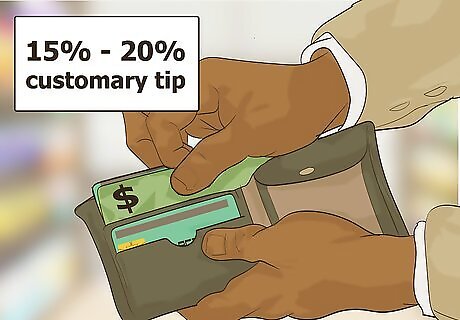
Plan to tip when you go out. This one depends a bit on where you are, but in the U.S., your decision to eat out should include the assumption that you will tip. The specific amount is up to you, with a 15% tip being standard and a 20% tip being appropriate for especially good service. In short, skimping on the tip is not an appropriate way to save money, it’s cheap. If you want to spend less when you go out to eat, do so by skipping an appetizer or ordering one less drink instead of taking advantage of your server.
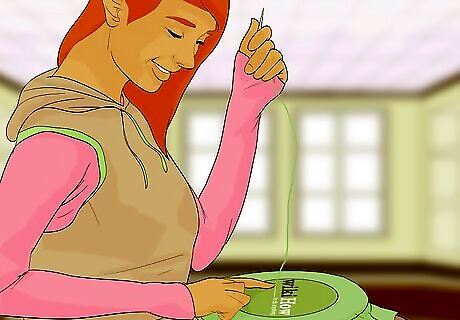
Give homemade gifts instead of cheap gifts. Not everybody has the budget to buy great gifts for friends and family. Instead of buying a cheap gift or re-gifting, make your gifts at home. Even if you’re not crafty, think of something you like to do, or a homemade gift someone made you that you enjoy. For instance, if knitting is your hobby, bust out the needles and make your cousin a hat instead of buying that fancy looking six pack that got marked down because it’s three months old.

Don’t sacrifice on necessities. There are all sorts of tips to be more frugal, including spending less on everyday necessities like hand soap and toilet paper. For instance, watering down soap is good way to make it last longer, but if you do it too much, your guests are going to wind up squirting bubbly water all over the place. Continuing the soap example, you may be able to buy a reusable dispenser and a large bottle of concentrated soap that is made to water down. This will give you a better soap experience that is frugal instead of cheap. Groceries are another basic necessity. Instead of buying the cheapest possible groceries, use coupons to purchase higher quality items. Similarly, get in the frugal habit of making meals from scratch. Meals prepared this way are often both less expensive and healthier.
Prioritizing Value Over Cost

Evaluate purchases by value instead of cost. Making the best financial decision you can is certainly a laudable goal. However, this does not mean you should always buy the least expensive option. For instance, you may be able to get an especially inexpensive new laundry machine. However, the model that costs $150 more may wind up lasting several years longer, and cost you less in energy and water consumption, making it a much less expensive long-term purchase.
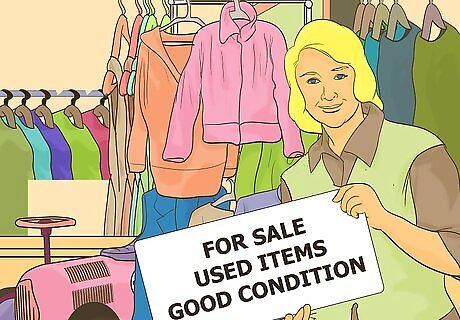
Buy used sometimes. Used items are often a great way to be frugal without getting stuck with a cheap, low-quality item. For instance, you can probably find great used furniture that is in good shape but costs less than brand new cheaper options that won't last as long. Buying used doesn’t work for everything. You may be able to find a great suit jacket at a thrift store, for instance, but those dress shoes with the worn-down heels probably aren’t worth the cost, even if they are cheap.

Purchase last year’s model. One great way to save a buck without settling for the cheapest option is by buying a high quality item in last years model. This is especially worthwhile for items like sports equipment and some personal technologies.

Check the clearance rack and the front rack. When you walk into a store, do you walk right to the back to check the clearance rack? It's a good idea, as you may be able to find what you're looking for on sale. However, it’s still worth checking the cost of items you might prefer that aren’t discounted. For instance, it might make sense to buy the pair of jeans that are actually your size and only cost a bit more than the clearance jeans that are a bit too tight.

Account for the time you’re spending. Sure, it’s best to get the best deals. That said, it’s not worth driving to three different grocery stores to save $0.67 on one item and $1.20 on another. Keep in mind that there is more than simple cost to account for, and that things like your time and stress level have value.




















Comments
0 comment